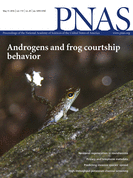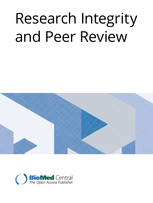 Retraction Watch readers may be familiar with partial retractions. They’re rare, and not always appreciated: The Committee on Publication Ethics (COPE) says that “they’re not helpful because they make it difficult for readers to determine the status of the article and which parts may be relied upon.”
Retraction Watch readers may be familiar with partial retractions. They’re rare, and not always appreciated: The Committee on Publication Ethics (COPE) says that “they’re not helpful because they make it difficult for readers to determine the status of the article and which parts may be relied upon.”
Today, the U.S. National Library of Medicine (NLM), which runs MEDLINE/PubMed, announced that the vast database of scholarly literature abstracts is no longer going to identify partial retractions.
We spoke to NLM’s David Gillikin about the change: Continue reading MEDLINE/PubMed will stop identifying partial retractions. Here’s why.
 A
A 






